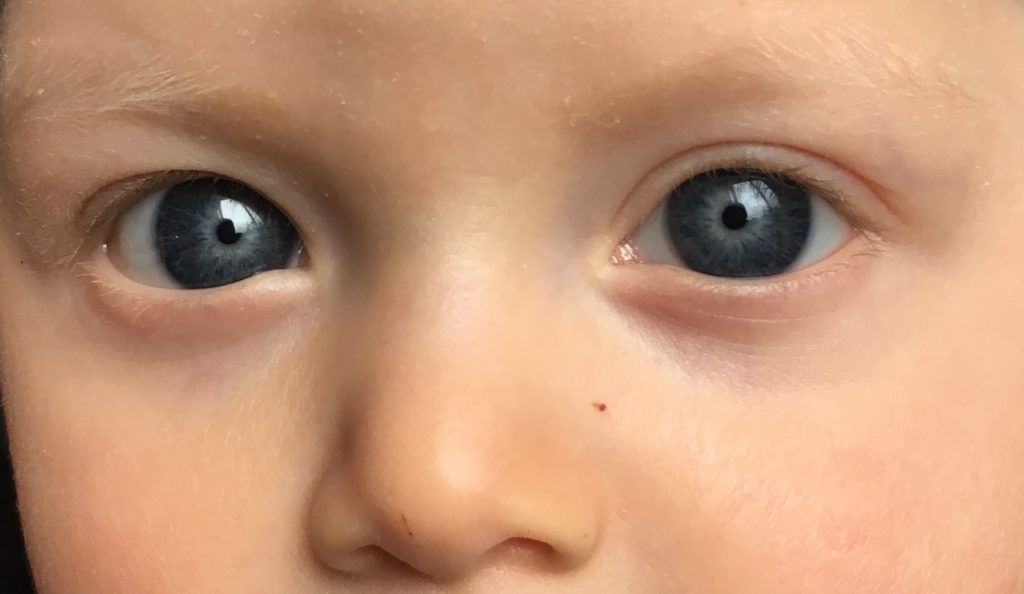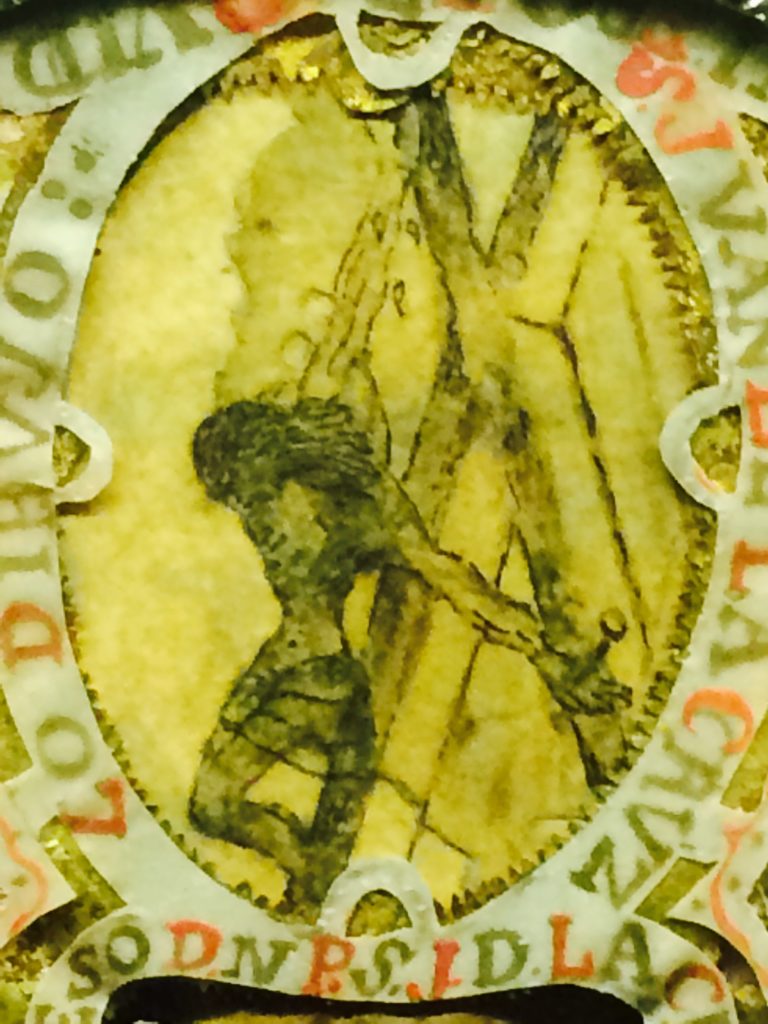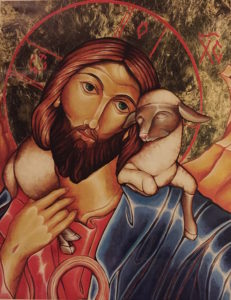
About a year ago from today, my husband and I were asked to be the godparents of a beautiful blond-haired, blue-eyed baby boy. “We just want you to pray for him,” was all his parents asked of us. Before becoming a godparent, I had not held a baby for over ten years. Yet in the past year, each time I have carried this adorable child in my arms, I have been struck by the combined sense of newness and familiarity of the experience.
I am reminded of those years I held each of my own children in my arms, stayed up for them night after night in times of sickness, and walked through the drug-infested streets of our West Philadelphia neighborhood, ready at any moment to give my life up for theirs. None of my children remember those early, formative years of their lives. I’ll never forget them.
Every now and then, my children will facetiously say, “Mom knows everything.” I would answer back with a small laugh, “I knew all of you before you knew yourselves!” but I would finish the rest of the sentence in the silence of my thoughts. “That’s what has made motherhood so painful.” In raising four children, I have not only had the joy of celebrating their accomplishments, but I have wept often for them, most of the time without their even knowing it.
Parenthood gives a small window into the ways of our Heavenly Father. He allows us, His children, to come to Him with our own wills and to make our own choices. How it must grieve Him to watch and see many of the self-destructive choices we are making. And yet, He in his great love and tenderness for us provides us the gift of His own Son as a means of adoption, transforming our lives, and thus, transforming our world.
Saint Teresa of Avila wrote of post-Reformation Europe, “The world is on fire. Men try to condemn Christ once again. They would raze His Church to the ground. No, my sisters, this is no time to treat with God for things of little importance.”
Shortly before she was gassed in an Auschwitz death-camp, Edith Stein (Saint Teresa Benedicta of the Cross) wrote, “The world is in flames: the fire can spread even to our house.”
And again, even more recently, during the World Youth Day celebration in Poland, Pope Francis said, “The world is at war, but it’s not a war of religions.” He was referring to a war for money, limited resources, and power. Pope Francis later added in his last address to the youth that too many young people are unaware of how dark the world really is, and are therefore unprepared to face the battle.
There are more people dying for their faiths and being forced to leave their homes, particularly in the Middle East and Africa. The United States has spent eight trillion dollars (one trillion = a million millions) on a financial bailout that hasn’t helped those who were most affected by the economic collapse. The list goes on.
How do we respond to this world on fire? Pope Francis says, “The times are becoming increasingly hard, and only in unity can we find the solution to our problems.”
The speakroom is a space where apparent divisions are erased. Historically, the speakroom is a small room in the monastery where cloistered religious can speak to those in the outside world and where the ways of God can be made known to others: secular and consecrated, young or old, from near or far. Remarkably, the grille where St. John of the Cross and Saint Teresa first spoke still bears the holy presence of these two great saints.
In this modern world of war and divisions, and where people are so isolated in many hidden ways, my hope is that ‘the speakroom’ blog becomes a living, breathing space where anyone who has an open heart, can learn, pray, and walk together through the lens of Carmelite spirituality.
In the face of death and Nazi persecution, Edith Stein’s response to a world on fire is the recognition that “above all the flames, the Cross stands on high and it cannot be burnt. The Cross is the way which leads from earth to heaven. Those who embrace it with faith, love, and hope are taken up right into the heart of the Trinity.”
One by one, we must learn to respond from a place of truth, sacrificial love, forgiveness, and fraternal friendship– the way of the cross – which involves both the crucifixion, and thankfully, the resurrection.
By the end of this year, three of my four children will have left for college. They, like my godson, will have my prayers. But I also hope, as I hope for myself and all the readers of this blog, that my children will look to thespeakroom.org as a place for guidance and strength, slowly come to know the depth and breadth of the love of God, and see with a child’s eyes of faith.
Teresa Linda, ocds




